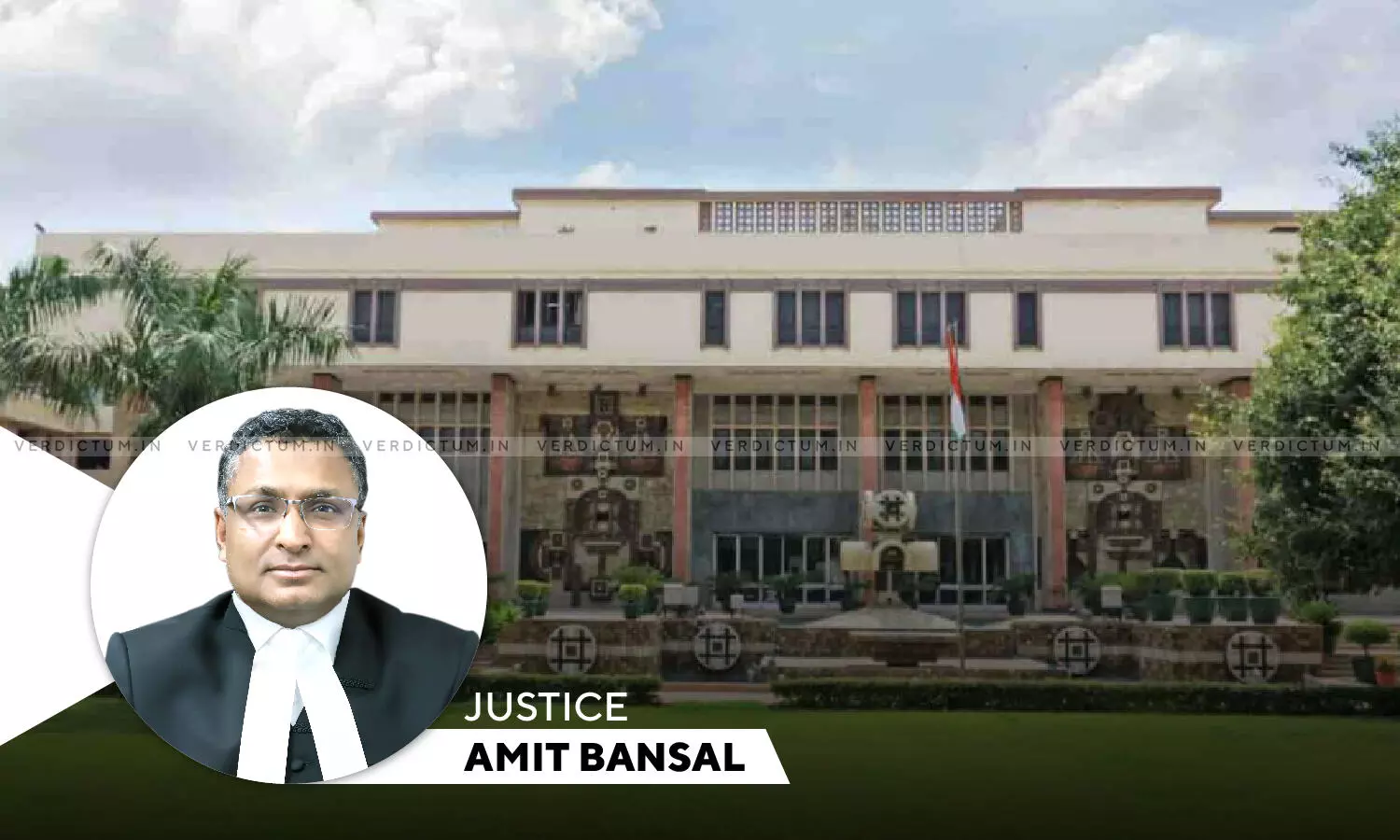
"SUPER" Is Descriptive And Laudatory, Common To Trade - Delhi HC In TM Infringement Case Against Dabur
 |
|The Delhi High Court in a trademark infringement case filed against Dabur has held that the word 'Super' is descriptive and laudatory. Also, it is common to trade, hence the Plaintiffs had failed to establish a prima facie case for the grant of injunction against the Respondents.
In this context, the Bench of Justice Amit Bansal observed -
"I have already held that the word "Super" is a descriptive and a laudatory word of the English language. Furthermore, it is common to trade. Therefore, the plaintiffs cannot have the exclusive right to use the word "Super" and would not to be entitled to grant of injunction in terms of Sections 28, 29 and 30 of the Act."
The Bench was hearing an application under Order XXXIX, rules 1 and 2 for grant of interim injunction against Dabur for use of the mark "SUPER PANTS", as they were alleged to be deceptively similar to "SUPER CUTES" and various other trademarks of the Plaintiff.
Mr. Anant Bhushan, appearing for Plaintiff contended they are prior users of the aforesaid trademarks in relation to diapers and no justification has been given by Defendant for adopting deceptively similar trademarks. Therefore, the adoption by Defendant is not bona fide.
Mr. Hemant Singh, appearing for Defendant contended that the word "SUPER" is a laudatory word and user of the word "SUPER" by Defendant is in a laudatory and a descriptive manner, and the Plaintiff uses the same word in a laudatory manner. He further contended that they have only sought registration in respect of the logo/device mark which includes SUPER PANTS and also includes their trademark Dabur. He further submitted that registration granted to Plaintiff is in respect of the composite mark SUPER CUTESTERS, SUPER CUTES, and SUPER CUTEZ, but there is no registration for the wordmark SUPER. He placed reliance on section 17 of the Trademarks Act to contend that registration of a composite mark will not confer any exclusive right to Plaintiff in respect of a part of the composite mark, i.e. super in this case.
The Court upon comparing the packaging of both products came to the conclusion that the packaging of the Defendant and the Plaintiff depicts that other than the word "SUPER" appearing in the packaging of both the Plaintiff and Defendant, there is no other similarity. Moreover, trademark DABUR is prominently displayed in Defendant's packaging.
The Court noted that the word SUPER is laudatory in nature and by the use of the expression "SUPER PANTS", Defendant is only seeking to convey that its diapers are of extremely good quality.
The Court further noted that Plaintiff has been granted registration for the word SUPER CUTESTERS, SUPER CUTES, and SUPER CUTEZ but no registration has been granted for the mark "SUPER" per se.
In this context, the Court observed -
"The intent behind Section 17(2) is to prevent such abuse by a person who gets a composite mark registered in its favor, which includes a non-distinctive component. Where there is a similarity of non-descriptive/nonessential parts of a mark, an injunction cannot be granted. The word „super‟, which is being used in a laudatory/descriptive manner cannot be said to be an essential/distinctive part of the trademark of the plaintiff. Therefore, the plaintiff cannot have an exclusive right or monopoly over the right to use the word super‟.
Accordingly, the Court refused to grant an interim injunction against the use of the mark "SUPER PANTS" and dismissed the application.
Click here to view/download the Judgment